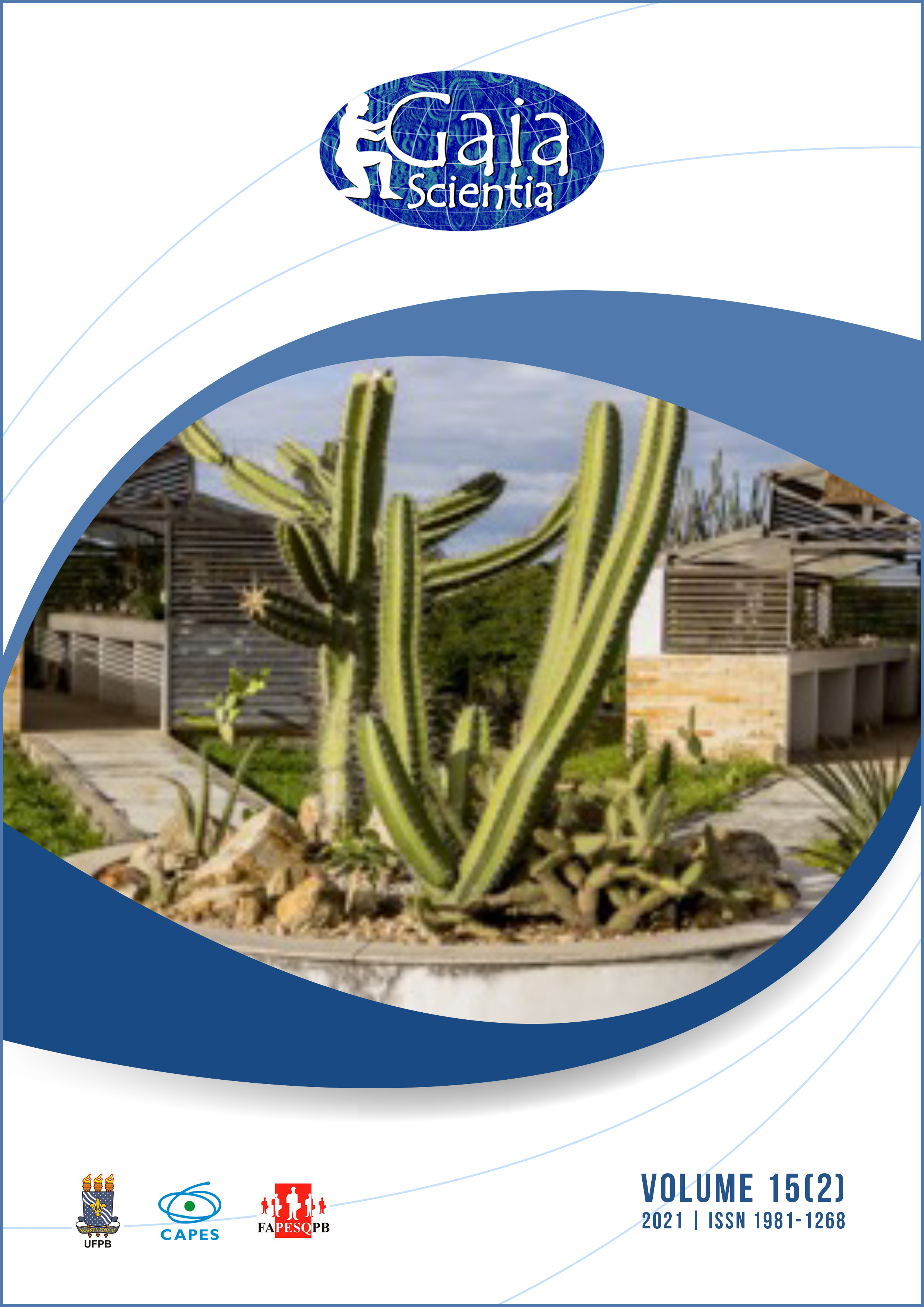Analysis of the Municipal Plan for Basic Sanitation of Araguanã, Tocantins, based on principles of the Law of the National Guidelines for Basic Sanitation
Abstract
This research aimed to analyze the Municipal Plan for Basic Sanitation (PMSB) of the county of Araguanã, Tocantins, based on five principles of Law of the National Guidelines for Basic Sanitation (Law No. 11.445/2007): universality, equity, integrality, intersectoriality and quality. For this, it was used the documental and content analysis of the Plan, applying the categories and subcategories of analysis related to the principles investigated. In the analysis, it was found was the Plan did not fully meet all categories analyzed. Regarding the principle of universality, no instruments were defined for the universalization of services. Regarding equity, many of the ways for ensuring it were not provisioned. As for integrality, the PMSB addressed the four basic sanitation services. In relation to intersectoriality, insufficiency was found in the integration of public policies related with that of basic sanitation. Finally, concerning quality, the technical and operational conditions of the services were addressed, among other. It is recognized that only the planning does not respond to the challenges of universalizing basic sanitation in Brazil, with the implementation of an effective regulation, supervision and social control being necessary. It is recommended that the municipality has actions provisioned in its Plan and implemented to ensure the provision of the service guided by the principles of Law No. 11.445/2007.










